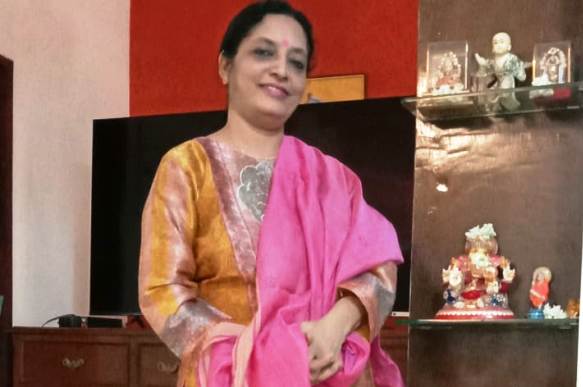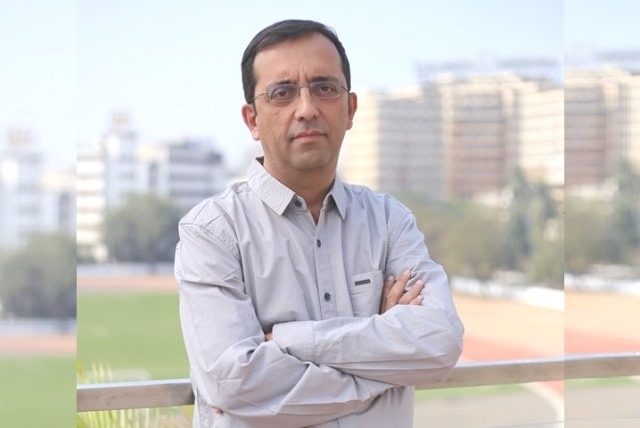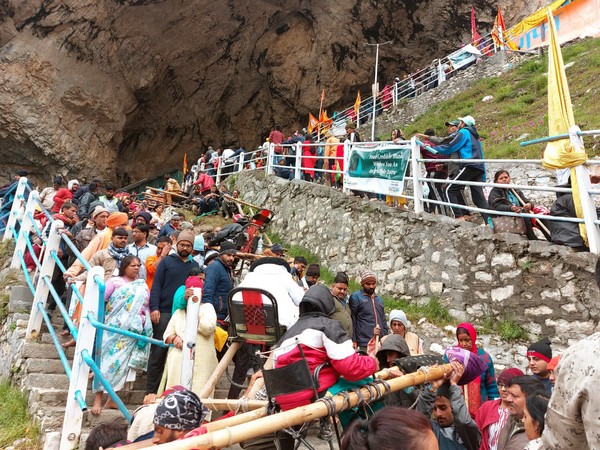R Kalpana, a Bengaluru-based educator and behavioral trainer, decries the war mongering post-Pahalgam and says India has struck only at the symptoms. Her views:
My first reaction after I heard about the Pahalgam killings of tourists? I was shocked and distraught. I completely felt off-guard. How did the terrorists reach so far with their guns?
This is not the first time that these security lapses have happened in Kashmir. We have also, in the past, suddenly heard about some retaliation in the name of ‘surgical strikes’ where the footage and visuals appeared morphed, while TV channels go berserk. We, as citizens, see all this as a total façade, and a masquerade.
How can terrorists walk into a tourist zone, which is so popular, with guns, shoot, murder and walk away so easily? Why does the government not accept accountability and ownership of these gruesome incidents, with total and transparent security lapse?
In reality we have to believe that the armed forces seem to have no autonomy. Where were the security personnel on that day? No one in sight! They came, they shot and they left!
Tourists were murdered. Innocent people were killed not only because of terror, but equally because of the negligence of the government in a vulnerable zone. The government must take responsibility for this serious security lapse in a conflict zone. Mere Pak-bashing won’t do.
It was the locals who helped the stranded and the injured. Yet, they are hounded, trolled and maligned. Muslim citizens in Kashmir were and are the target of all governments. Thus, over a period of time we have been insulated in believing that all Kashmiri Muslims are terrorists who want a separate land. Reality has never been showcased by the irresponsible agenda-driven mainstream media, especially TV channels.
Kashmiris have their own cultural and ethnic identity, like all other communities in India, and their religion is one dimension of their identity. Hindus and Muslims have thrived and lived together in Kashmir since decades. Unfortunately, dividing them has been the only action of all governments post independence.
We need to understand that there is a Hindu and Muslim in every Kashmiri. Culture has integrated the layers of their identities. This culture is the agency, but the ‘politicisation of religion’ has made the people ignorant of the embedded nature of a deep and inherited bonding between the communities. Tragically, we see only the polarised agency of religion
ALSO READ: Post-Pahalgam Politics of Symbolism
It is the responsibility of the Indian government, with the support of our allies, to seriously pursue this issue and bring down the terrorist outfits in the open. The UN Security Council has already passed a resolution condemning the terrorist attack and resolving to seek justice. India should now demand an open trial in the International Court of Justice. The world has to stand by this.
However, the irony is, no international leader, especially in the powerful Western bloc, seems to be willing to stop any war across the globe. Look at Gaza and Ukraine! Nothing can be solved because we seem to be forever trapped in a vicious circle. Indeed, most of the leaders and politicians seem to be working work hand-in-glove. And everybody knows everything.
As a peace-loving citizen and passionate educator, I can only say that the rhetoric of division will resound in our land because that is the way certain political parties have chosen to function.
The India-Pak peace process is the most important issue for concerned citizens in both the countries — that should be the priority. We need the peace process, a stop to inflammatory war rhetoric, and an easing of tension in the border. We need rational and respected mediators who are neutral. There is no doubt that in the current situation we need international voices to support the peace process and the decisions of the process must be sanctified by the world.
As for the just-concluded conflict, we struck only at the symptom. We only appeased the hormonal euphoria of the nation, making them believe that we are revenging and avenging. We know Pakistan government is a rogue establishment and a puppet in the hands of other consortium of nations.
As told to Amit Sengupta


